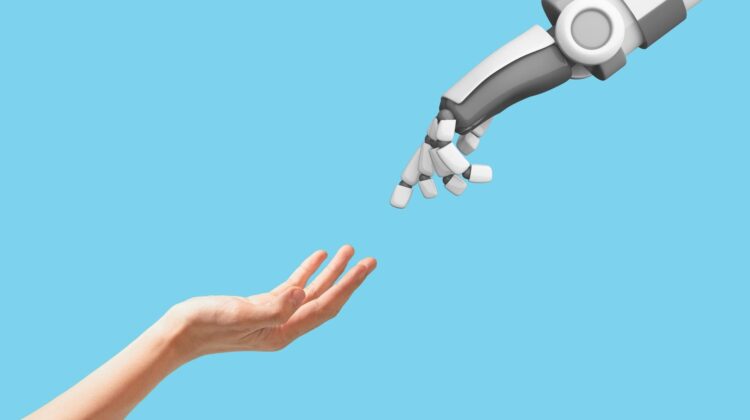
10 Ways AI is Changing the Future of Education
In the ever-evolving landscape of education, artificial intelligence (AI) stands as a transformative force, heralding a new epoch where traditional pedagogies are being supplanted by innovative, data-driven methodologies. This article delineates ten ways in which AI is reshaping the educational sphere, transcending the boundaries of conventional teaching and learning.
Firstly, AI’s ability to personalise learning is unprecedented. By harnessing the power of machine learning algorithms, educational platforms can adapt to the individual learning pace and style of each student. This bespoke approach facilitates a tailored educational experience, allowing for differentiation in a manner that is practically unfeasible in traditional classroom settings. The implications for students with special educational needs are particularly profound, as AI can provide them with the resources and support tailored to their unique requirements.
Secondly, the automation of administrative tasks is a less heralded yet significant contribution of AI. Educators often find themselves mired in paperwork and administrative responsibilities which can detract from their core mission of teaching. AI can automate these tasks, from grading assignments to managing admissions and processing data, liberating educators to devote more time to pedagogical innovation and student engagement.
Thirdly, AI enhances the accessibility of education. Through AI-driven platforms, learners across the globe can access educational materials, transcending geographical and socioeconomic barriers. The proliferation of online courses and AI tutors means that quality education is no longer the preserve of those who can afford or access traditional educational institutions.
Fourthly, AI is augmenting the reality of learning. Augmented reality (AR) and virtual reality (VR), powered by AI, offer immersive learning experiences that can simulate complex, real-world environments for students to interact with. These technologies are particularly useful in fields such as medicine or engineering, where practical, hands-on experience is crucial.
Fifth, AI enables real-time feedback and assessment, providing students with immediate evaluations of their work. This instantaneity not only accelerates the learning process but also enables educators to swiftly identify and address areas where students are struggling.
Sixth, AI is catalysing the democratisation of language learning. Language learning applications use AI to offer personalised language practice, with speech recognition allowing for immediate pronunciation correction, making language learning more accessible to everyone.
Seventh, AI fosters collaborative learning environments. Through tools that facilitate group projects and communication, AI encourages collaboration across different geographies and cultures, preparing students for the globalised workforce.
Eighth, AI is shaping the curriculum. With its ability to analyse vast amounts of data, AI can help in designing curricula that are aligned with emerging trends and job market requirements, ensuring that students are equipped with the skills necessary for the future.
Ninth, AI is driving the predictive analytics in education. By analysing data patterns, AI can predict student outcomes, enabling interventions to be made before students fall behind, thereby improving the chances of academic success.
Lastly, AI is instrumental in combating academic dishonesty. By utilising plagiarism detection and online proctoring tools, educational institutions can uphold academic integrity in a digital age.
In conclusion, AI is not merely an adjunct to education; it is a potent catalyst for a comprehensive transformation. As we stand on the precipice of this educational revolution, it is incumbent upon us to navigate the ethical and practical challenges that accompany the integration of AI in education. The future, while replete with promise, also demands vigilance to ensure that the march of progress is equitable and enhances the educational experience for all students.
Author: Theodore Y. Sanders
Expert in new technologies. He has always lived in Silicon Valley where he consults for numerous technology start-ups. Collaborates with the Deeping in the area of technoclogical innovation and technology
